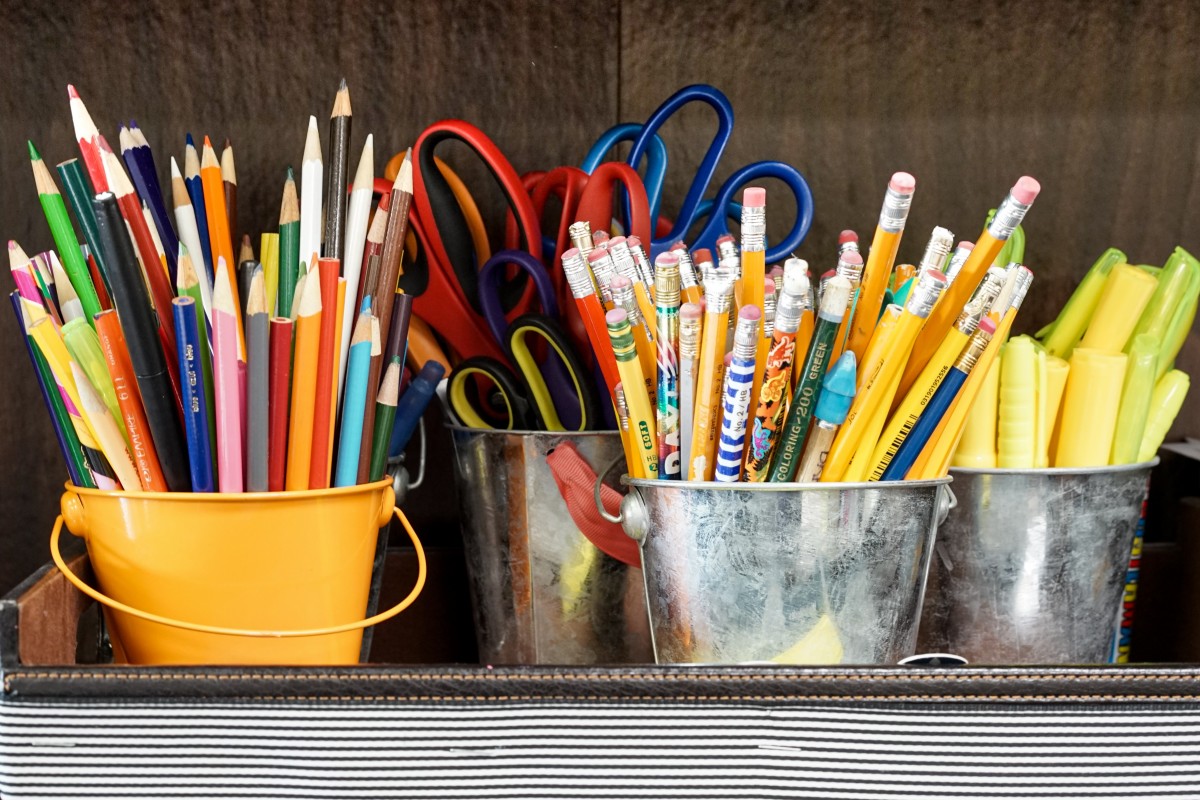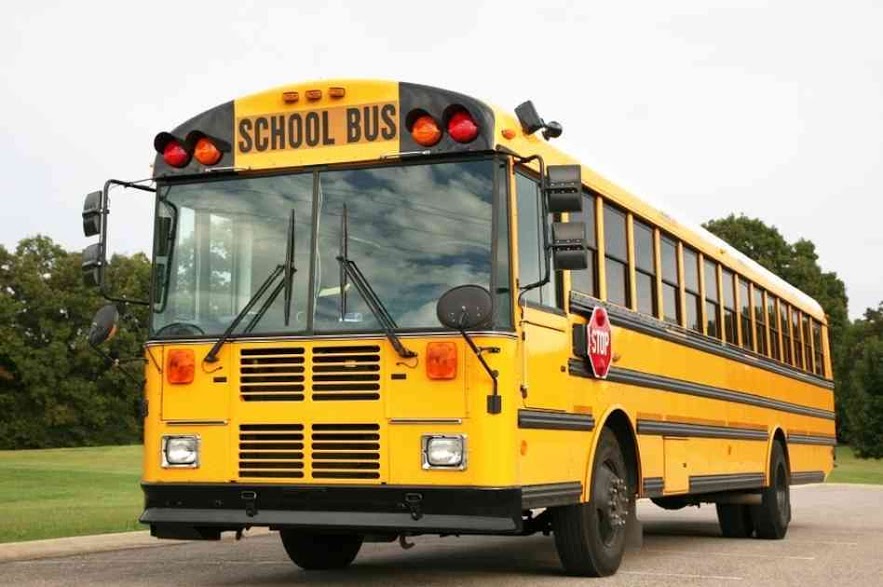With back to school right around the corner, it’s time to hit the stores to stock up on school supplies. By making small changes to your shopping list and pledging to be more environmentally friendly you can limit your negative impact on the Earth’s natural resources.
Buying School Supplies
When going out to buy school supplies, make one trip in order to minimize how much driving you have to do, and therefore lower the amount of carbon dioxide you put in the atmosphere (a little forethought in what you will need goes a long way-and it will save you time). Once you are at the store, be sure to not only look at the financial cost of each item but also think about the environmental cost that the products are carrying. With this in mind, look for products with less packaging, choose recycled paper products and invest in supplies that you know you will be able to reuse. For example, buy reusable lunch boxes instead of paper bags, use reusable snack pouches instead of ziplock bags or tin foil, and buy refillable water bottles instead of disposable plastic water bottles. While all of these items might cost a little extra up front, rest assured that you will be saving money in the long run while helping the environment at the same time. Also, when preparing school lunches, buy items in bulk and use the tupperware to freeze the extra food to use later.
Check out this wikiGuide for more information on how to purchase more environmentally friendly school supplies.

Transportation
The fastest way to lower your carbon footprint is to use your car less. If your commute is less than 1.5 miles, think about walking to school and if it is less than 5 miles invest in a bicycle to ride to school (it’s also great exercise).
 Bus service is offered for for free to students at most public schools. In addition, most colleges/universities have a privately owned bus to take you to town or around campus. This source of public transportation is often times free for students and a great resource so that you do not have to bring a car to school. For those without transportation provided by your school, consider joining a carpool with friends or neighbors.
Bus service is offered for for free to students at most public schools. In addition, most colleges/universities have a privately owned bus to take you to town or around campus. This source of public transportation is often times free for students and a great resource so that you do not have to bring a car to school. For those without transportation provided by your school, consider joining a carpool with friends or neighbors.
Technology
With great deals on technology, there is no better time to buy or upgrade your computer. When doing so, think about buying a laptop instead of a desktop. Not only are they less expensive but they are also convenient, less harmful on the environment and use less electricity. If you are concerned about the limited amount of hard drive space a laptop has, you can purchase an external hard drive to leave at home for a lot less than you can buy a desktop.
Make sure that you unplug the charger from the wall when it is not in use (this actually works with any electronic that plugs into a socket). When you leave your charger in the socket, even if your computer is not attached, it is still pulling energy. This wasted energy can really add up, especially if you leave your charger in the socket twenty-four hours a day.

Confused about what to do with your old computer? If you are no longer using it but it still works think about donating it to Goodwill. But if you have to throw it away remember to go to an electronics disposal service and don’t just throw it in your garbage.
Electronics
Request an electronic copy of your school’s newsletter, rather than a paper copy. By doing so you will effectively remove paper from the waste stream and help with saving trees.
But what to do about the paper you currently have? Don’t throw it away just yet! You can utilize the blank side of that paper to write down grocery lists, notes, use as kindling for a last summer bonfire (do some research to be sure you won’t be burning harmful chemicals and releasing them into the atmosphere), or even doodles!
Making a School-Wide Change
While all of the previous methods described effect your personal carbon footprint at school, there are ways of reducing your entire schools carbon footprint. You can start by looking at the Green School Initiative Parent Toolkit which will lead you through how to start making your child’s school more sustainable. With this information you can start a TerraCycle brigade which recycles commonly thrown out garbage into reusable products. However, the most powerful initiative you can start at your school is educating your students with how to be more energy efficient and environmentally friendly.
